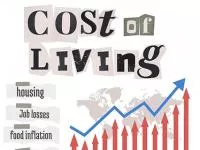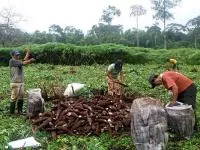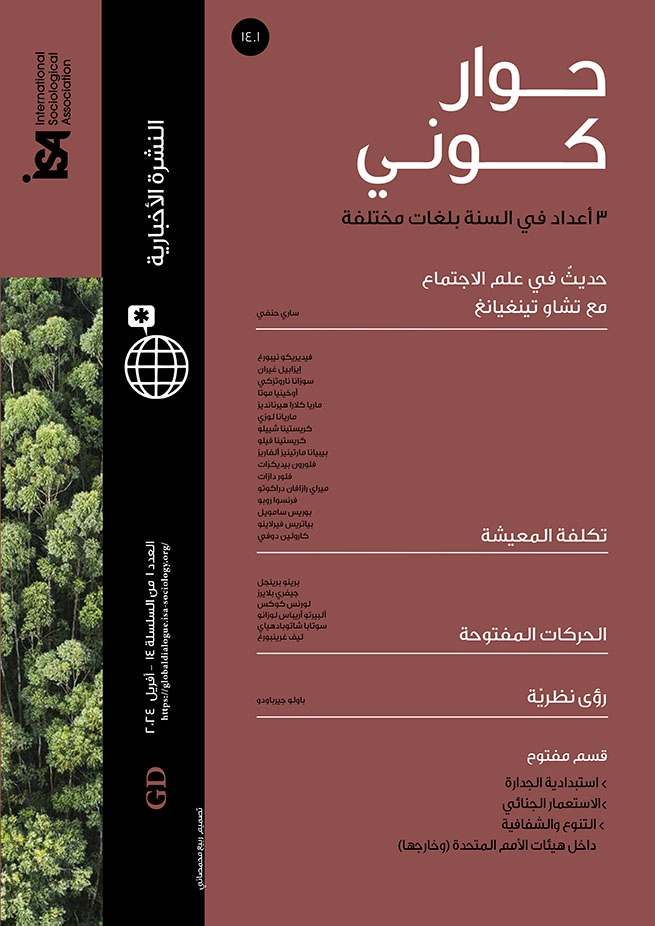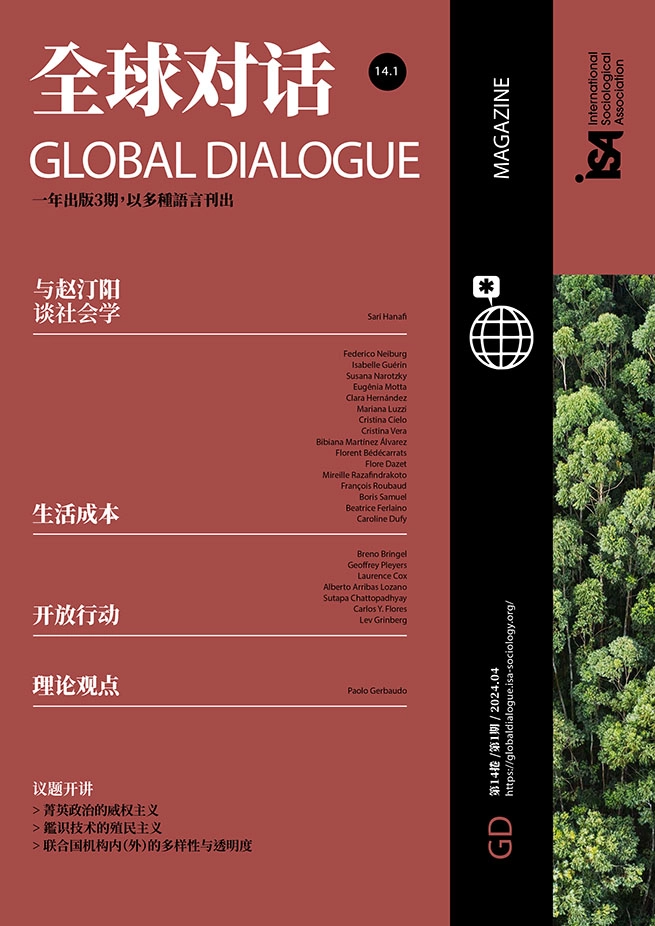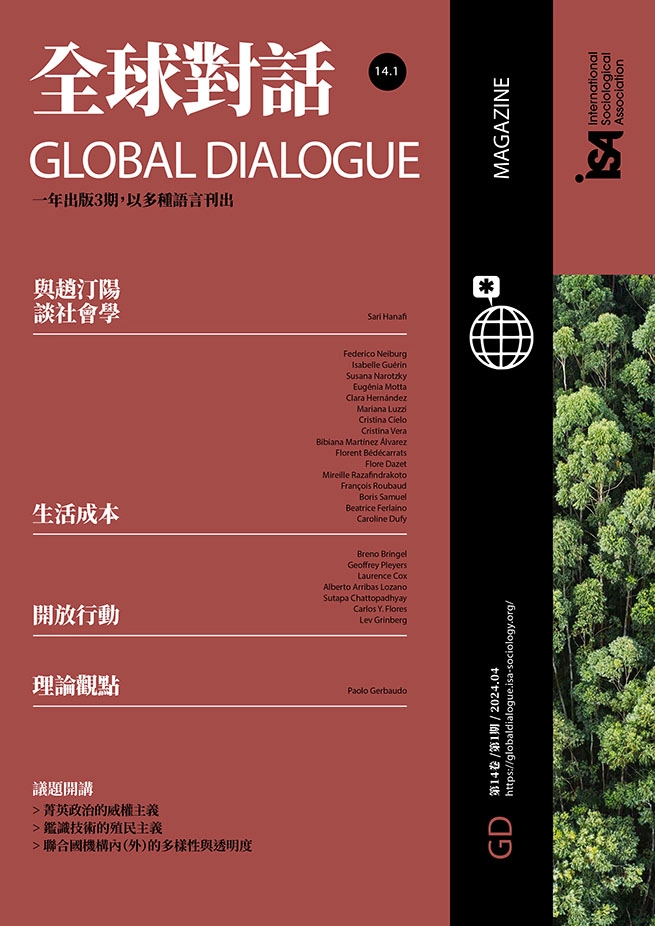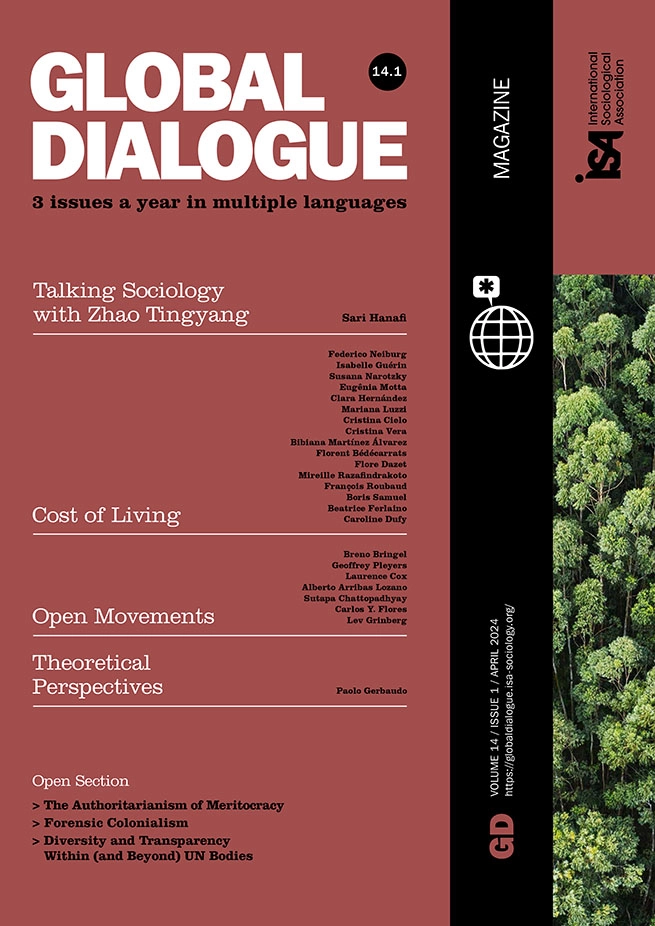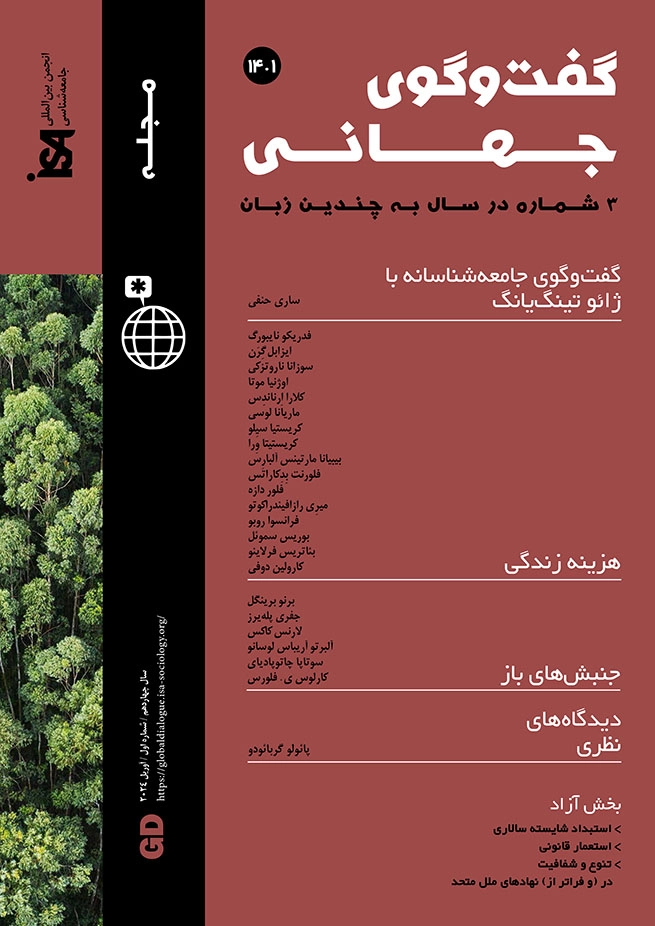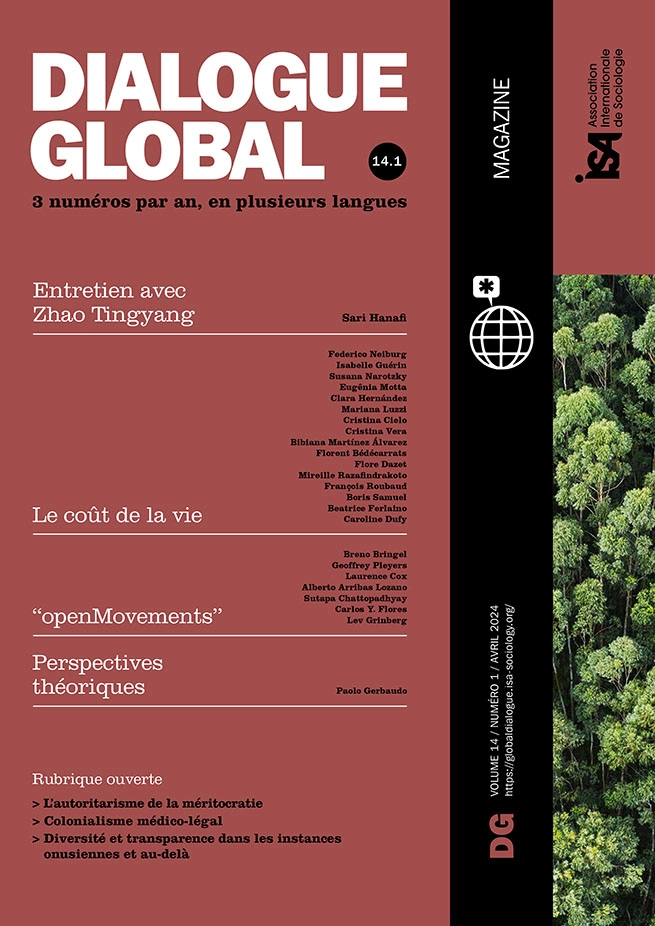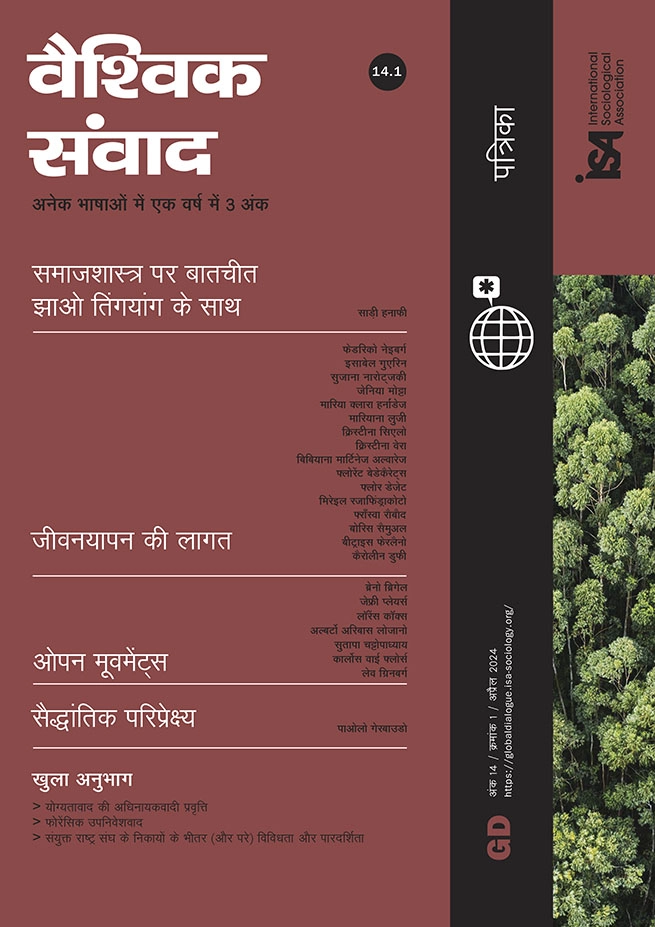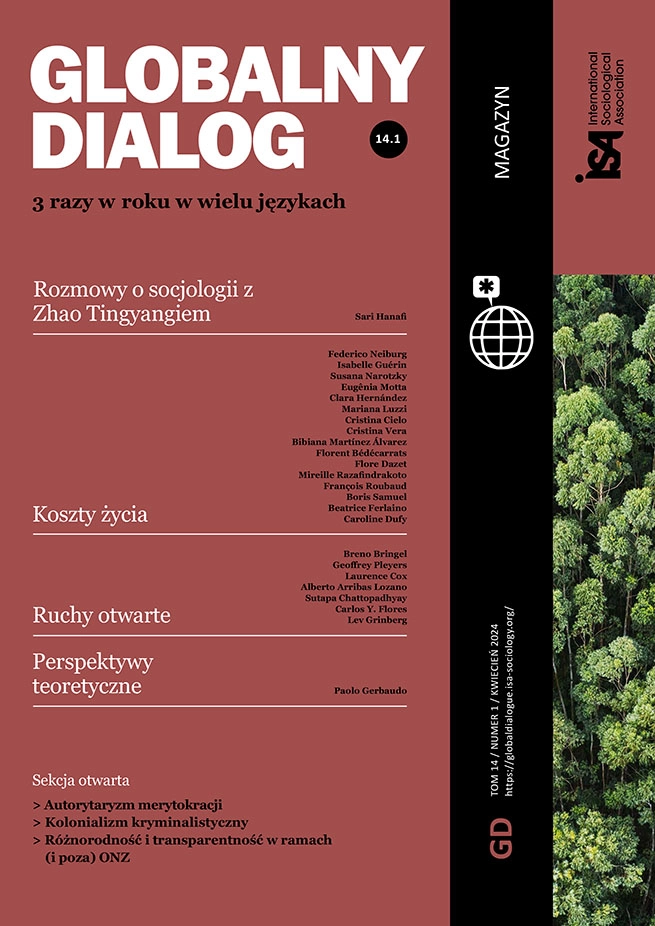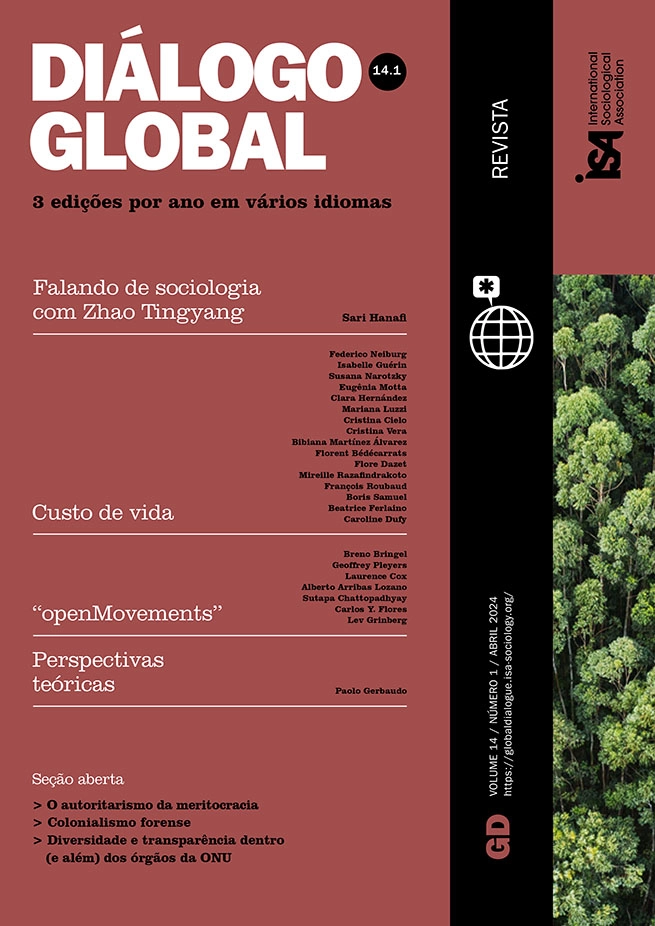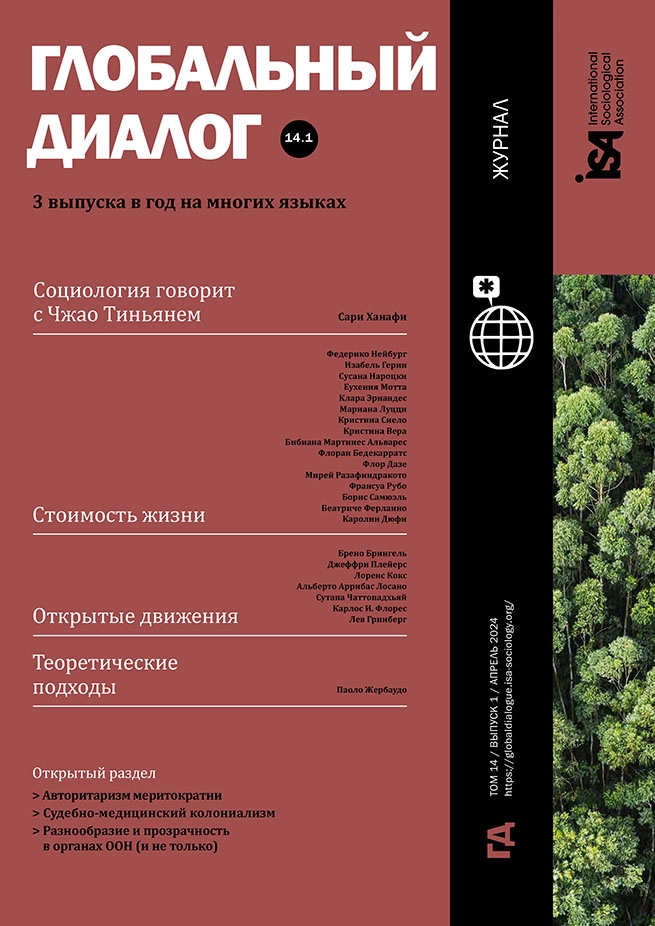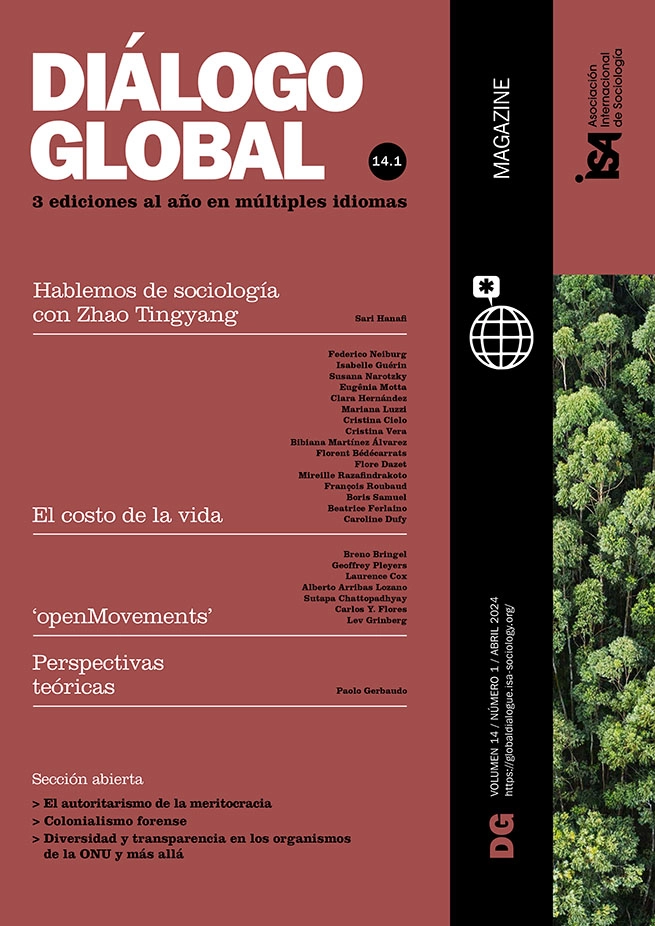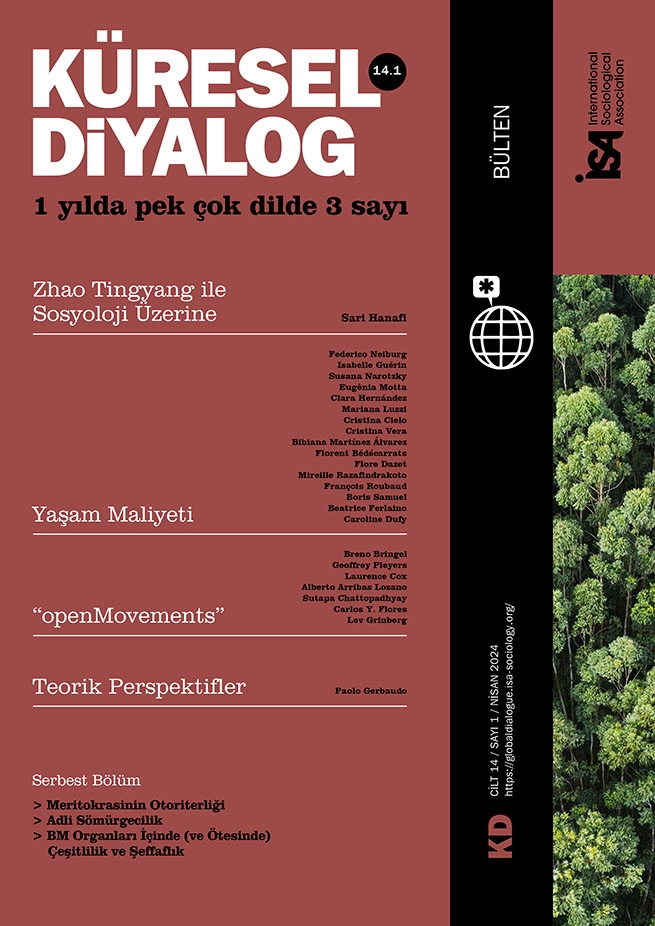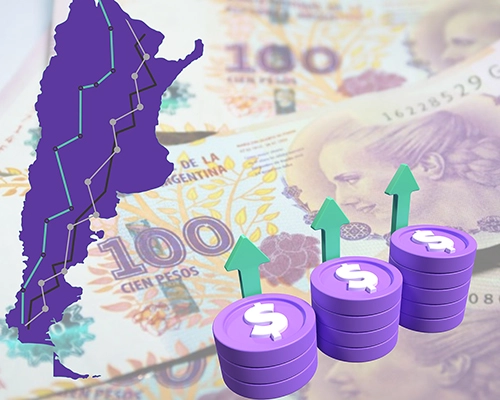In recent years, and after a long time, inflation has returned as a central issue in the economic and political agenda of different countries. The sources of price increases and the policy instruments available to tackle them have become matters of discussion among experts inside and outside governments. But how do people cope with inflation daily, and what can sociology tell us about it? Many questions arise when considering how rising living costs impact household economies. In what specific ways do agents refer to inflation and incorporate information about price increases into their everyday practices? How does price variation affect the projection of calculations and transactions over time? What accounting methods are implemented in contexts of persistent inflation?
In this article, we address these issues based on recent research on the case of Argentina. On the one hand, we analyze how rising prices appear in people’s concerns. On the other, we demonstrate the ordinary ways of measuring inflation that we have observed when focusing on domestic economies. Drawing on economic sociology, we highlight two central issues linked to the rising cost of living. First, there is the question of how households experience living with escalating inflation; second, there is the interest in producing lay knowledge about economic phenomena and their relationship with the theories and tools created by experts to address them.
Inflation and everyday economic life in Argentina
Argentina stands out as a country with a long history of inflationary problems. It is also one of the few countries that had already shown high annual inflation in the present century before the COVID-19 pandemic. Between 2003 and 2006, the inflation rate averaged less than 10% per year in Argentina, while from 2007 to 2021, it jumped to over 30%, reaching 94.8% per year in 2022. As a result, for at least the last 15 years, inflation has been an issue of public concern nationwide.
Between 2017 and 2020 we conducted research among low- and middle-income households in a medium-sized city in the province of Buenos Aires. Our goal was to study the configuration of household economic practices in the context of sustained and rising inflation, considering consumption and budgeting, saving, and credit practices. We complemented our research findings with observations made in a different study focused on household economies during the COVID-19 pandemic. In the latter case, although effects of inflation were not a specific target of the study, they did play an essential role in its results. The fieldwork for this study highlighted the significance of price increases for the concerns of the households we interviewed.
Considering the literature on inflation and its effects on consumer behavior, one of the main contributions of this paper is the construction of a perspective on inflation that is not restricted to examining moments of acute crisis. Instead, our approach can account for both things that change and things that stay the same when a generalized increase in prices, far from being an exception, becomes part of everyday economic life. This perspective is not limited to the macroeconomic aspects of the phenomenon but incorporates a detailed look at how it can affect the daily practices of economic agents.
Our main findings
Our research shows that the links between expert knowledge and everyday practices and perceptions are not straightforward and tend to be more complex than is usually assumed. Even during periods of significant price increases, people rarely use erudite terms or incorporate technical measurements to comment on inflation when discussing the household economy. Instead, the main issues in everyday conversation are the increase in the price of specific goods that are considered essential in household consumption, or the rising cost of those products historically used to predict what may happen with the price of other goods (such as fuel or the dollar). Both references are forms of expressing the general behavior of prices and the diminishing purchasing power of money. Moreover, focusing on the specific forms of calculation that enable households to come to grips with the evolution of inflation (the so-called “homespun measures of inflation”), our research shows specific ways in which information on prices influence the criteria used to organize daily consumption and the allocation of household monies.
Finally, our research also suggests that contrary to what the literature concerning previous historical periods has reported, the strategies deployed by households in the face of inflation seek, first and foremost, to ensure consumption by adapting the rhythms, locations, or kinds of purchases. So, speculation or seeking gains by taking advantage of inflation was not the dominant reaction to price increases we encountered during our fieldwork. However, as inflation in Argentina persists and accelerates, with the consequent effects on real wages, strategies could be transformed. Future research will enable to reveal whether and under what conditions the practices observed in previous periods of high inflation return or not.
In a time when inflation once again becomes a global challenge, analyzing the Argentine case helps to illuminate how specific micro-social dynamics linked to inflation unfold empirically. Along these lines, global dialogue on this topic could be stimulated by addressing native ways of experiencing and dealing with price increases in other contexts.
María Clara Hernández, Universidad Nacional de General Sarmiento, Argentina <mariaclaraher@gmail.com>
Mariana Luzzi, Universidad Nacional de San Martín, Argentina <mluzzi@unsam.edu.ar>
